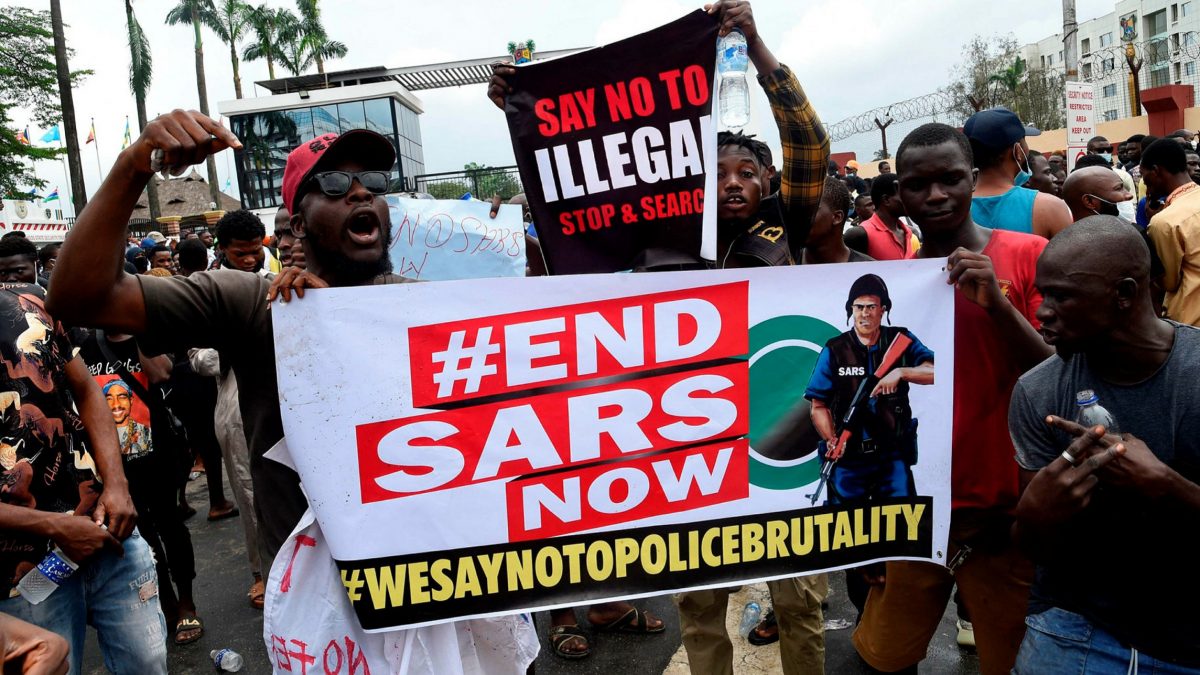The Nigeria Coalition on Youth, Peace, and Security, NCYPS, has recommended 12 youth representatives from the six geo-political zones to dialogue with the Federal Government on behalf of the protesters on their demands.
Rafiu Lawal, the national coordinator of the coalition, and made this known in a statement to journalists on Monday, October 19, 2020, in Abuja.
The coordinator said that the demands underpinned the imperatives of holistic transformation of the multiplicity of socio-economic and political issues plaguing Nigeria to create a peaceful and prosperous nation that was collectively desired and deserved.
“In this context, we note that open dialogue alone will end the current imbroglio and save Nigeria from the imminent socio-economic and political consequences if protests persist and are infiltrated.
“There is a need for rigorous engagement and understanding between both parties, we strongly encourage the selection of 12 youth representatives by the protesters and dialogue with the government.
“The team should consists of two representatives from each of the six geo-political zones to engage in the dialogue and promote the consolidation of the achievements that have been recorded thus far.
“These youth representatives will continue to engage the government and their respective constituencies to find lasting solutions to the micro and macro challenges confronting young people and the nation at large,’’ Lawal said.
He said that Nigeria’s relative peace and stability was sacrosanct at this present of time and must be preserved to ensure that all protest remained peaceful.
Lawal, however, saluted the doggedness, courage, commitment, and resilience of the protesting youths for utilising a peaceful approach to express their grievances with the armpits of the law.
He said that the protest was with a view to provoking desired changes on the long term socio-economic and political marginalisation, unlawful policing, and human rights violations meted out on young men and women.
He also commended the level of organisation, mobilisation, peacefulness, and responsibility exhibited by protesters in demanding for a better Nigeria and urged the Federal Government and concerned stakeholders to be responsive to these demands and act concretely.
He said that the protests were well-intentioned and that the demands were legitimate and valid in tandem with the Universal Declaration of Human Rights (1948) and the constitution of the Federal Republic of Nigeria (1999).
Source: Vanguard







